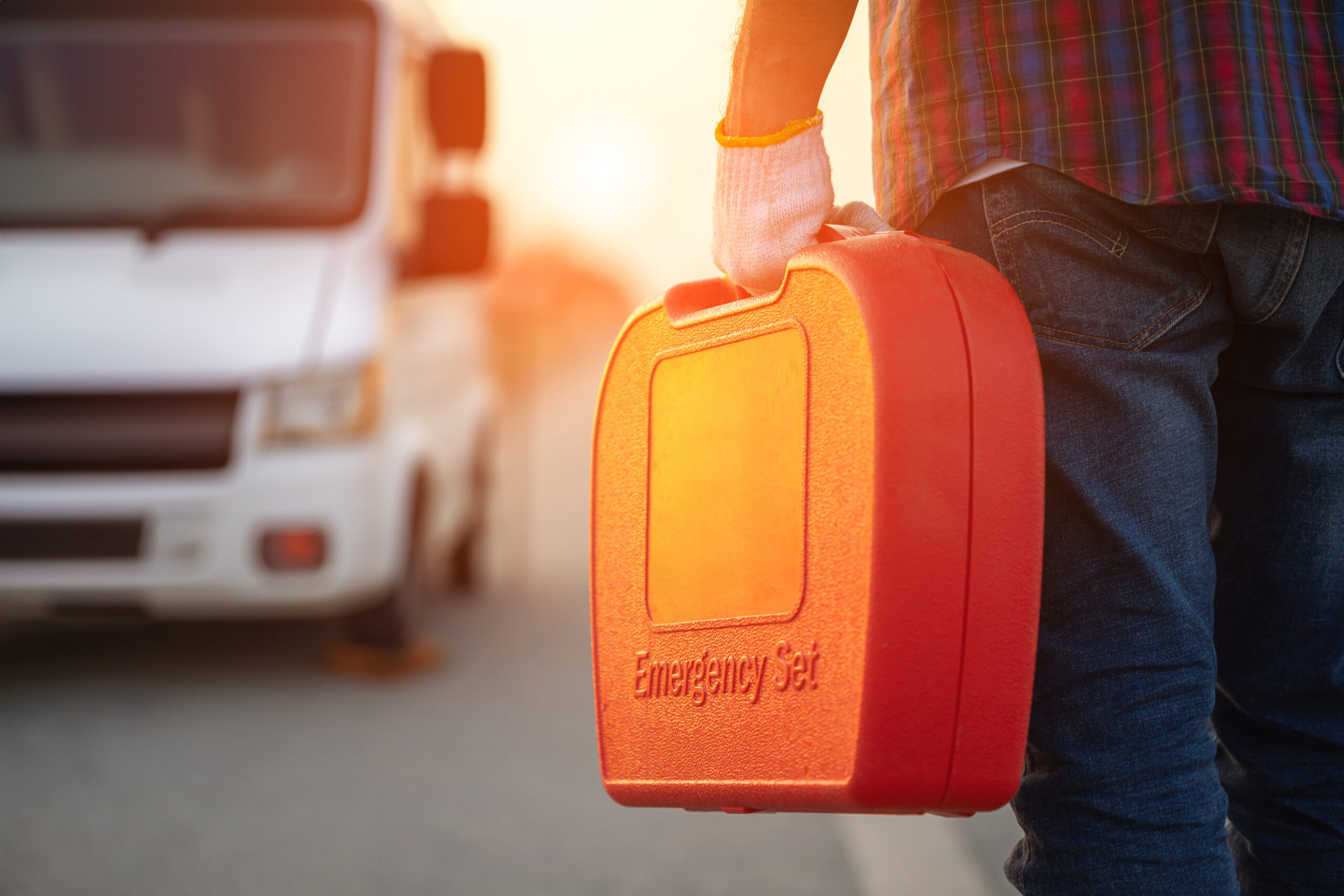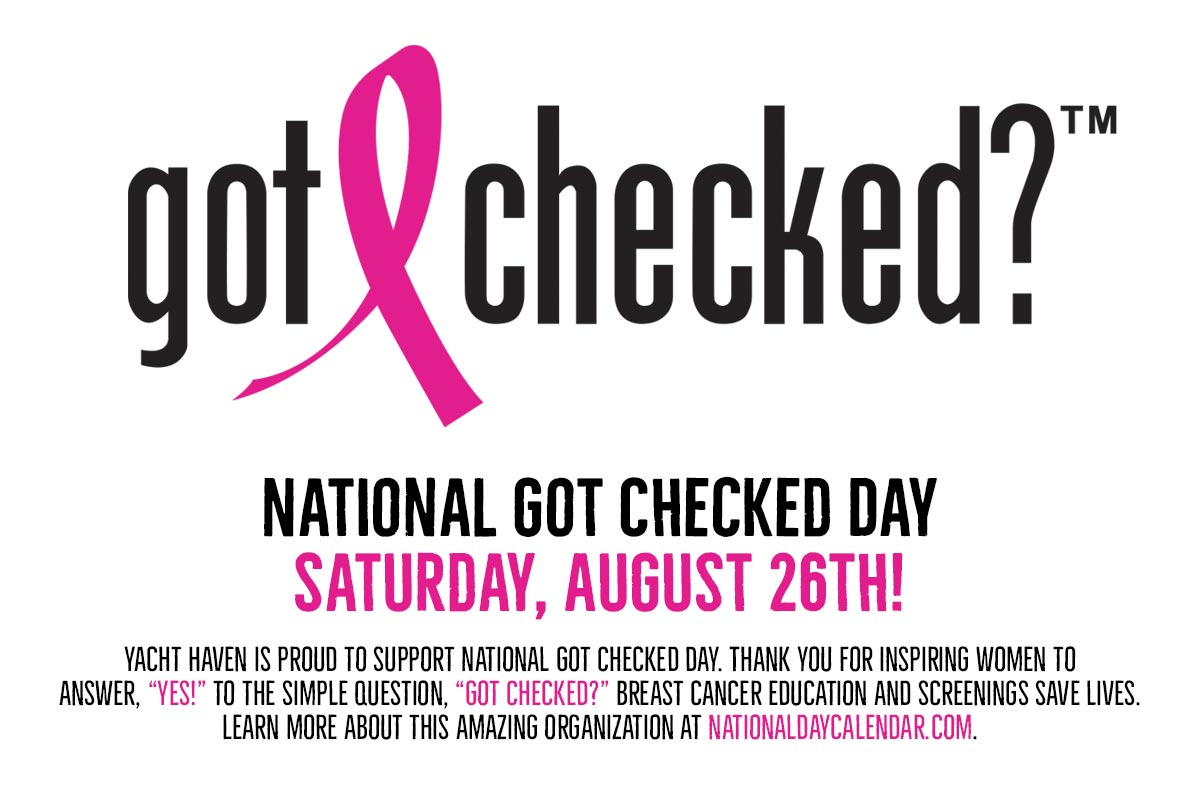RV Travel Preparedness Guide – Maintenance, Emergencies, & More

Let’s be honest here—RV travel can feel a little intimidating, especially if you’re the kind of person who likes to be prepared for anything. What if something breaks? What if you forget something important? What if you’re miles from help when something goes wrong? What if you need emergency maintenance?
If those thoughts have crossed your mind, you’re not alone. But the good news is that a little preparation goes a long way in making RV travel safe, smooth, and even… relaxing.
In this guide, we’re not here to add more worries to your list—we’re here to help cross a few off.
You’ll find a simple maintenance checklist to follow before each trip, tips for handling common RV hiccups, and a few smart ways to stay prepared on the road. Think of it as your travel companion for peace of mind, no matter where the road takes you.
Pre-Trip RV Maintenance Checklist
Before you hit the road, a quick maintenance check can save you from bigger problems later. It doesn’t have to be overwhelming—just a few routine steps to make sure your RV and/or tow vehicle is road-ready.
Here’s what to look over before each trip:
- Windows: Clean your windows, windshield, and backup camera for maximum visibility.
- Tires: Check the pressure and look for any signs of wear or cracking. Don’t forget the spare!
- Brakes: Make sure your brake system is working properly, especially if your RV has been sitting for a while.
- Battery: Test your battery and ensure it’s fully charged. Clean any corrosion on the terminals.
- Fluid levels: Look at your oil, coolant, brake fluid, and windshield washer fluid. Top them off if needed.
- Lights: Walk around your RV and check headlights, brake lights, turn signals, and interior lights.
- Propane system: Make sure tanks are filled, valves are tight, and there are no signs of leaks.
- HVAC and seals: Test the A/C and heat, and inspect seals around windows and doors for any leaks or cracks.
- Slide-outs and awnings: Extend them fully to check for smooth operation and any signs of damage. Be sure to retract and secure them before hitting the road!
- Antennas, cables, and hoses: Make sure everything is detached and put away for the journey.
- Items in the RV: Double-check that items inside are stored and secured.
If you have a tow behind rig, you’ll also want to be sure that your RV is properly hitched to your tow vehicle.
It may sound like a lot, but once you’ve done it a few times, it’ll feel second nature. You can even make a checklist to hang inside your RV or save on your phone—just check each item off before you leave, and you’ll know you’re good to go.
Build Your RV Emergency Kit
One of the best ways to ease travel anxiety is to know you’re ready just in case. That’s where a good emergency kit comes in. The goal isn’t to expect the worst—it’s to pack it once and move on with your trip feeling confident and prepared.
These items are important to keep on hand:
For safety and roadside issues:
- First-aid kit
- Flashlight or headlamp (with extra batteries)
- Jumper cables
- Reflective triangles or flares
- Fire extinguisher
- Basic tool kit
- Duct tape (it fixes everything… temporarily)
- Work gloves
- Spare fuses and bulbs
- Tire repair kit and pressure gauge
- Wipes or rags
For the comfort of yourself and other travelers:
- Extra drinking water
- Non-perishable snacks
- Phone charger or backup battery pack
- Blanket or poncho
You’ll rarely—if ever—use most of these. But just knowing they’re tucked away can help you travel more comfortably. Store your kit in an easy-to-reach spot, and give it a quick once-over before each big trip to make sure everything’s still stocked and working.
Know Where to Go for Help
Even with the best prep, the unexpected can still happen. The good news? Help is usually closer than you think—especially if you know where to look.
RV service centers
Many areas popular with RVers have dedicated service shops nearby. Before your trip, it’s a good idea to look up a few in the area you’ll be staying. Some RV resorts even have recommended partners or on-site technicians.
Mobile RV techs
Mobile repair services can come to you, whether you’re at a resort, rest stop, or roadside. These pros are lifesavers for common issues like electrical problems, appliance breakdowns, or plumbing hiccups. A quick Google search like “mobile RV tech near me” usually brings up local options.
Roadside assistance programs
Services like Good Sam, Coach-Net, and AAA offer RV-specific roadside assistance plans. They can help with things like flat tires, battery issues, towing, or getting locked out. If you’re a member, make sure your plan covers the type of RV you’re traveling in.
RV Safety: Safe Setups Every Time
Pulling into your site should feel like the start of vacation—not a stressful puzzle. With a little practice and a few go-to steps, setting up your RV becomes quick and easy.
1. Start with a level surface
Use leveling blocks or ramps to even things out, especially if you’re on a slope. A level RV helps appliances run properly and makes your space more comfortable.
2. Secure your RV
Once you’re parked and leveled, set your parking brake and chock the wheels. This is a simple but important step for safety.
3. Hook up utilities
The beauty of RVing is having basic utilities with you wherever you go! Take the time to hook them up correctly.
- Electric: Plug in your power cord and check that everything turns on inside.
- Water: Connect the freshwater hose using a pressure regulator to protect your system.
- Sewer: Hook up your sewer hose last. Only open the black tank valve when it’s time to dump!
4. Test everything
Turn on the A/C or heat, run water from your faucets, and check your lights. Make sure your fridge is cooling and your appliances are working.
5. Ask for help if needed
There’s no shame in getting a second pair of eyes or asking an on-site maintenance professional or neighbor for a quick hand—most RVers are more than happy to help. Everyone starts somewhere!
Don’t Let Worry Win
There’s always going to be a little voice in the back of your head asking, “What if something goes wrong?” But here’s the truth: most RV trips go off without a hitch—and the ones that don’t are usually easy to handle when you’re prepared.
By running through a quick maintenance checklist, packing a simple emergency kit, and knowing where to turn for help, you’re already doing more than most. That kind of preparation doesn’t just make you a smart traveler—it gives you permission to relax and enjoy the ride.
RV travel is about freedom, comfort, and making memories along the way. So pack the snacks, plan the route, and rest easy knowing you’ve got this.

